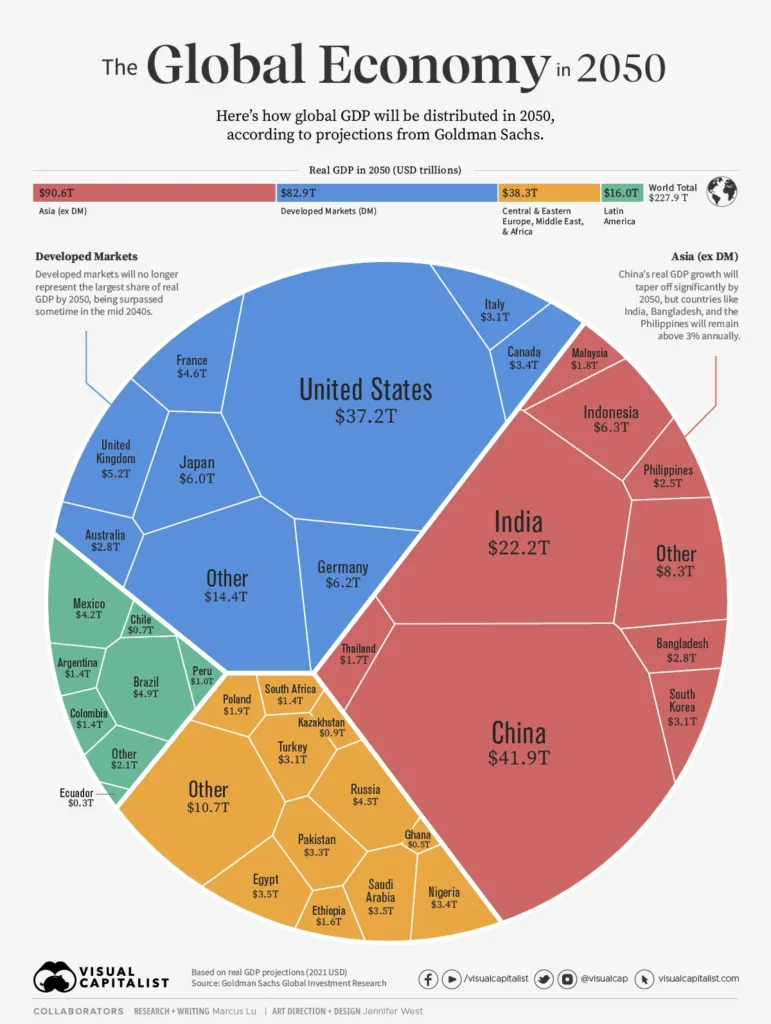As one of the most contested regions in the world, the South China Sea has become a focal point for geopolitical tensions. The stakes are high, involving territorial disputes, economic interests, and military strategies. This article delves into the various dimensions of the geopolitical shifts occurring in this critical maritime area.
Territorial Disputes and Sovereignty Claims
The South China Sea is home to multiple territorial disputes involving several nations, including China, Vietnam, the Philippines, Malaysia, and Brunei. Each country asserts its sovereignty over various islands and maritime features, leading to heightened tensions. The Spratly and Paracel Islands are particularly contentious, with China claiming the majority of the area through its “nine-dash line” policy.
These territorial claims are not merely about land; they also encompass the surrounding waters, which are rich in natural resources. The potential for oil and gas reserves, along with lucrative fishing grounds, makes these disputes even more significant. As nations bolster their military presence to assert their claims, the risk of conflict escalates, raising concerns about regional stability.
Economic Implications of Maritime Trade Routes
The South China Sea is a vital maritime trade route, with approximately one-third of global shipping passing through its waters. This makes the region economically significant not only for the countries bordering it but also for global trade. Disruptions in this area could have far-reaching consequences for international commerce.
Countries like China, which rely heavily on these shipping lanes for energy imports and exports, are particularly invested in maintaining control over the South China Sea. The economic stakes involved in securing these trade routes are immense, prompting nations to engage in strategic partnerships and alliances to safeguard their interests.
The Role of Major Powers: United States and China
The geopolitical landscape of the South China Sea is heavily influenced by the actions of major powers, particularly the United States and China. The U.S. has maintained a presence in the region through freedom of navigation operations, asserting its commitment to international law and the rights of smaller nations. In contrast, China has been expanding its military capabilities and infrastructure in the area, leading to a power struggle.
This rivalry not only affects the countries directly involved but also has implications for global security. The U.S. aims to counterbalance China’s influence, while China seeks to establish itself as a dominant regional power. The interplay between these two nations will shape the future of the South China Sea and its geopolitical dynamics.
Environmental Concerns and Resource Management
The South China Sea is not only a geopolitical hotspot but also an ecological treasure. The region’s marine biodiversity is under threat due to overfishing, pollution, and habitat destruction. As nations vie for control over these waters, environmental concerns often take a backseat to political and economic ambitions.
Effective resource management is crucial for the sustainability of the marine ecosystem. Collaborative efforts among the nations involved could lead to better conservation practices and a more stable geopolitical environment. However, the lack of trust and ongoing disputes complicate these efforts, making it challenging to address environmental issues comprehensively.
Regional Alliances and Security Partnerships
In response to the shifting geopolitical landscape, countries in the Asia-Pacific region are forming new alliances and security partnerships. Nations like Japan, Australia, and India are increasingly collaborating with Southeast Asian countries to counterbalance China’s assertiveness in the South China Sea.
These alliances are not only military in nature but also encompass economic and diplomatic dimensions. By strengthening ties, these countries aim to enhance their collective security and ensure freedom of navigation in the region. The emergence of such partnerships reflects a broader trend of regional cooperation in the face of common challenges.
The Impact of International Law and Arbitration
International law plays a crucial role in the South China Sea disputes, particularly the United Nations Convention on the Law of the Sea (UNCLOS). The Philippines’ successful arbitration case against China in 2016 highlighted the potential for legal avenues to resolve disputes. However, China’s refusal to recognize the ruling has raised questions about the effectiveness of international law in this context.
The reliance on legal frameworks underscores the importance of diplomacy in addressing territorial claims. While international law provides a basis for negotiations, the political will of the involved nations ultimately determines the success of these efforts. The ongoing challenges in enforcing legal rulings illustrate the complexities of
| Aspect | Description |
|---|---|
| Strategic Importance | The South China Sea is a vital maritime route, facilitating a significant portion of global trade, including oil and gas shipments. |
| Territorial Disputes | Multiple countries, including China, Vietnam, the Philippines, Malaysia, and Brunei, claim parts of the South China Sea, leading to ongoing tensions and confrontations. |
| Resource Richness | The region is believed to be rich in natural resources, including fisheries and potential underwater oil and gas reserves, making it economically significant. |
| Military Presence | China has increased its military presence in the area, constructing artificial islands and military bases, which raises concerns among neighboring countries and the United States. |
| International Law | The United Nations Convention on the Law of the Sea (UNCLOS) governs maritime rights, but interpretations vary, complicating the resolution of disputes. |
| Global Implications | Shifts in power dynamics in the South China Sea can affect global trade routes, international relations, and regional security, drawing in major powers like the U.S. and allies. |
| Environmental Concerns | Increased military activity and resource extraction pose threats to marine ecosystems, raising concerns about environmental degradation in the region. |



